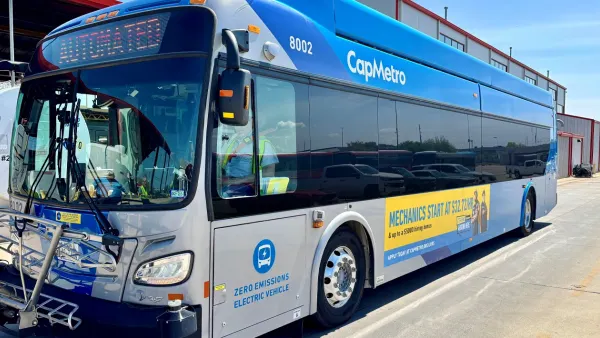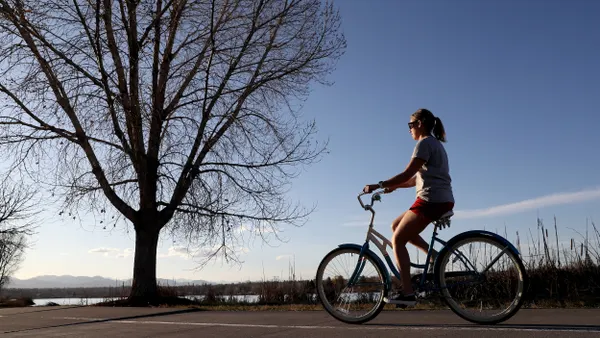Dive Brief:
- Congress should increase the gas tax and prepare to levy new taxes in order to pay for infrastructure improvement, according to a new report from the National Academies of Sciences, Engineering and Medicine, a private nonprofit organization operating under a congressional charter.
- As commercial and consumer vehicles become more fuel efficient and transition to alternative fuels and electric power, a tax on gasoline will generate declining revenue, necessitating a hike in the tax rate and serious consideration of a "miles-traveled" tax, says the report commissioned by Congress.
- The gas tax has not been increased since 1993 and its Highway Trust Fund, which pays for infrastructure improvements, is predicted to zero out by 2020.
Dive Insight:
The need for infrastructure funding and improvement is a point of agreement for both U.S. political parties, but how to get it done is not.
The result for the supply chain is increased delays as demand climbs amid stagnant capacity, said Norman Augustine, former chairman and CEO of Lockheed Martin Corporation and chair of the National Academies of Sciences, Engineering and Medicine's Transportation Research Board, at an event announcing the report.
"We're spending a great deal of money simply maintaining interstates and the bridges. The increase in demand accompanied by basically unchanged capacity of the interstates as first constructed ... this circumstance has led to a common problem today which is user delay," he said.
After the November midterms, Congress is getting a shake-up that could make these proposed changes more likely. Rep. Peter DeFazio, the incoming chairman of the House Transportation and Infrastructure Committee, has historically been in favor of an increase in the gas tax.
Sen. Roger Wicker, indicated to Politico that President Donald Trump is in favor of a gas tax increase, though he has not supported the policy publicly. The administration has been talking about pivoting to infrastructure for months with little success.
Raising taxes is always a heavy political lift, but amid increasing fuel economy a gas tax is just the beginning, explains the report. A "miles-traveled" tax would ensure funding for infrastructure into the future even as emissions decrease and electric vehicles grow in number.
In August, Rep. Bill Shuster, released a draft plan suggesting a fee-per-mile scheme and corresponding pilot program, stating "a number of surface transportation system users do not currently pay into the system, even though they benefit from it." But with Shuster retiring from Congress, the new class will likely be starting from scratch.












